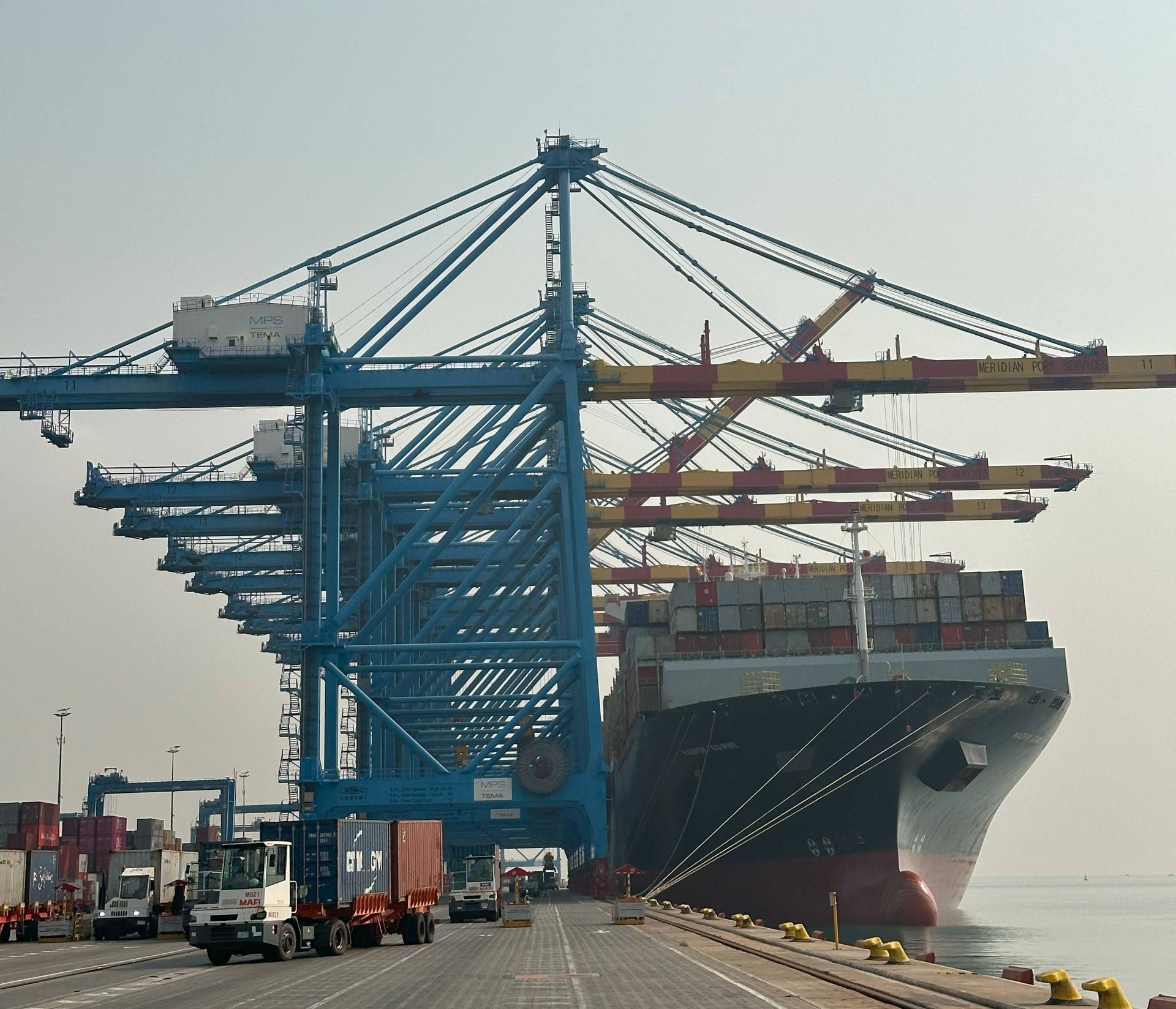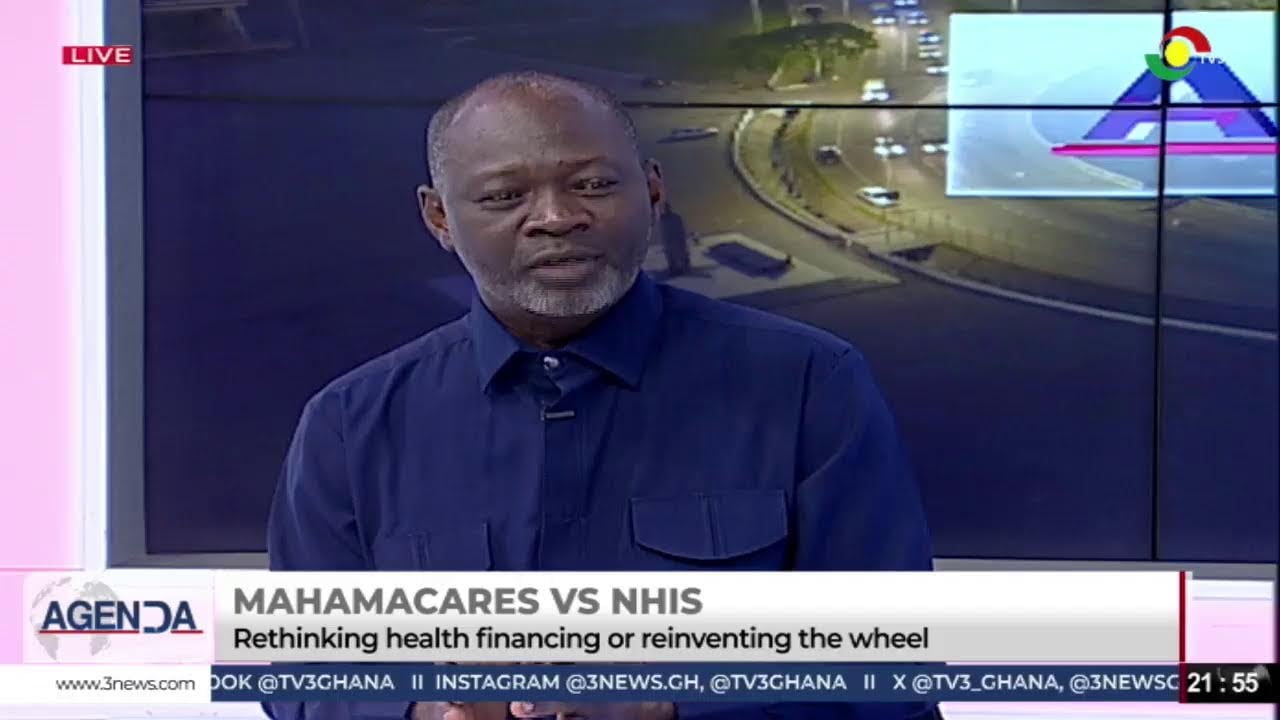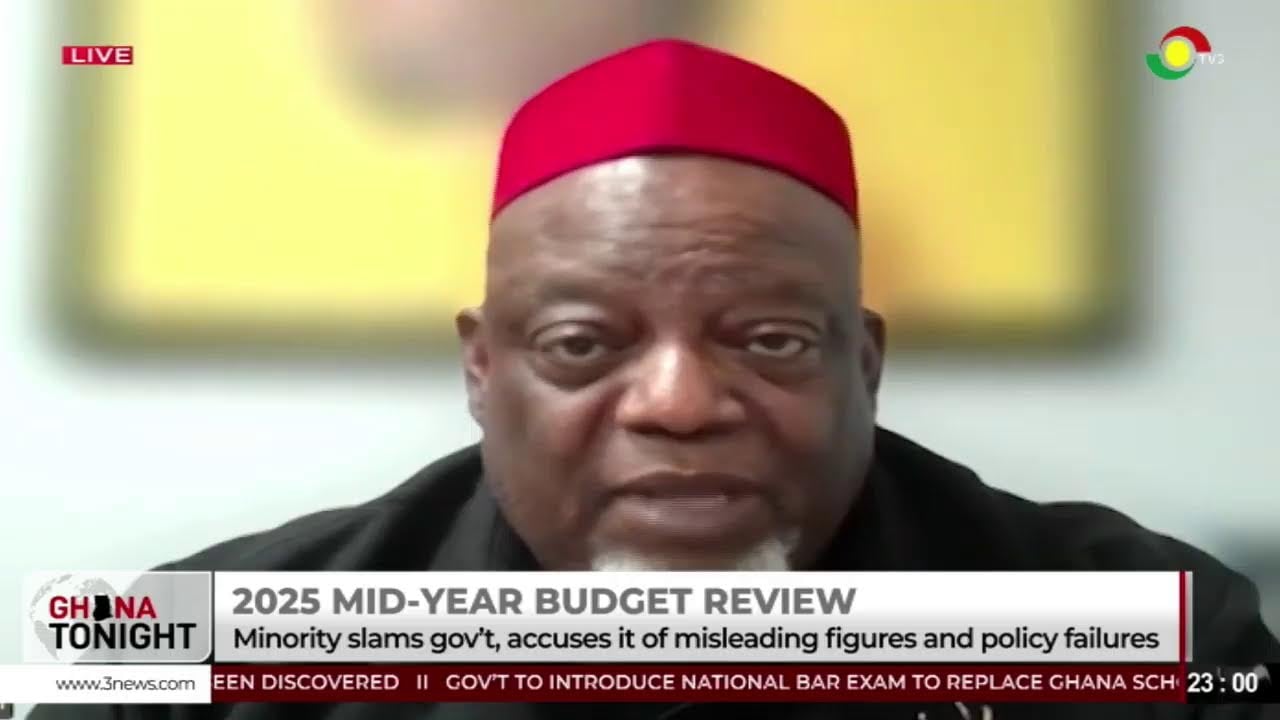
The Fisheries and Aquaculture Ministry has announced its commitment to revealing beneficial owners and who ultimately profit from activities of fishing vessels in the country’s territorial waters.
Speaking at the 2025 UN Ocean Conference in France, sector minister Emelia Arthur said the measure is a critical step toward ending illegal fishing, human rights abuses and other crimes at sea.
The conference was hosted by the Environmental Justice Foundation (EJF) and brought together senior fisheries sector ministers from several nations; including officials from France, Ghana, Maldives, Liberia, Panama and the European Commission.
Research published by the EJF in July 2020 indicates that fishing vessels are increasingly used to facilitate illegal fishing; forced, bonded and slave labour; and trafficking of people, drugs and wildlife.
Individuals ultimately profiting from these activities remain hidden behind opaque ownership structures, shell corporations and complex financial secrecy arrangements.
Madam Arthur further emphasised that the ocean has become a space where illegality thrives unchecked and the true perpetrators often remain hidden.
“That is why beneficial ownership transparency – knowing who actually controls and benefits from a vessel or company – is essential. Without it, enforcement is a guessing game. With it, we can follow the money, close loopholes and hold the right people accountable. The government of Ghana is committed to sealing these loopholes,” she added.
West Africa alone loses an estimated US$9.4billion annually to illegal fishing, which is why the minister called for urgent reforms in transparency, vessel ownership disclosures and global cooperation.
EJF disclosed that around 90 percent of Ghana’s industrial trawl fleet is linked to Chinese ownership – as these operators work through Ghanaian ‘front’ companies, using opaque corporate structures to import their vessels and register and obtain a licence.
This phenomenon contradicts the existing law which forbids foreign ownership of industrial trawl vessels operating under the Ghanaian flag – both in terms of ownership on paper and, crucially, in terms of those who profit from the vessel, known as the ‘beneficial owners’.
EJF’s CEO Steve Trent said: “Transparency in beneficial ownership is the leveraging of justice, sustainability and security. It protects honest fishers from unfair competition and gives consumers the confidence that the fish they eat was not caught illegally and unsustainably, stolen from coastal communities, or fished by forced, bonded or slave labour”.
The post Editorial: Fisheries sector will soon disclose vessel identity appeared first on The Business & Financial Times.
Read Full Story























Facebook
Twitter
Pinterest
Instagram
Google+
YouTube
LinkedIn
RSS